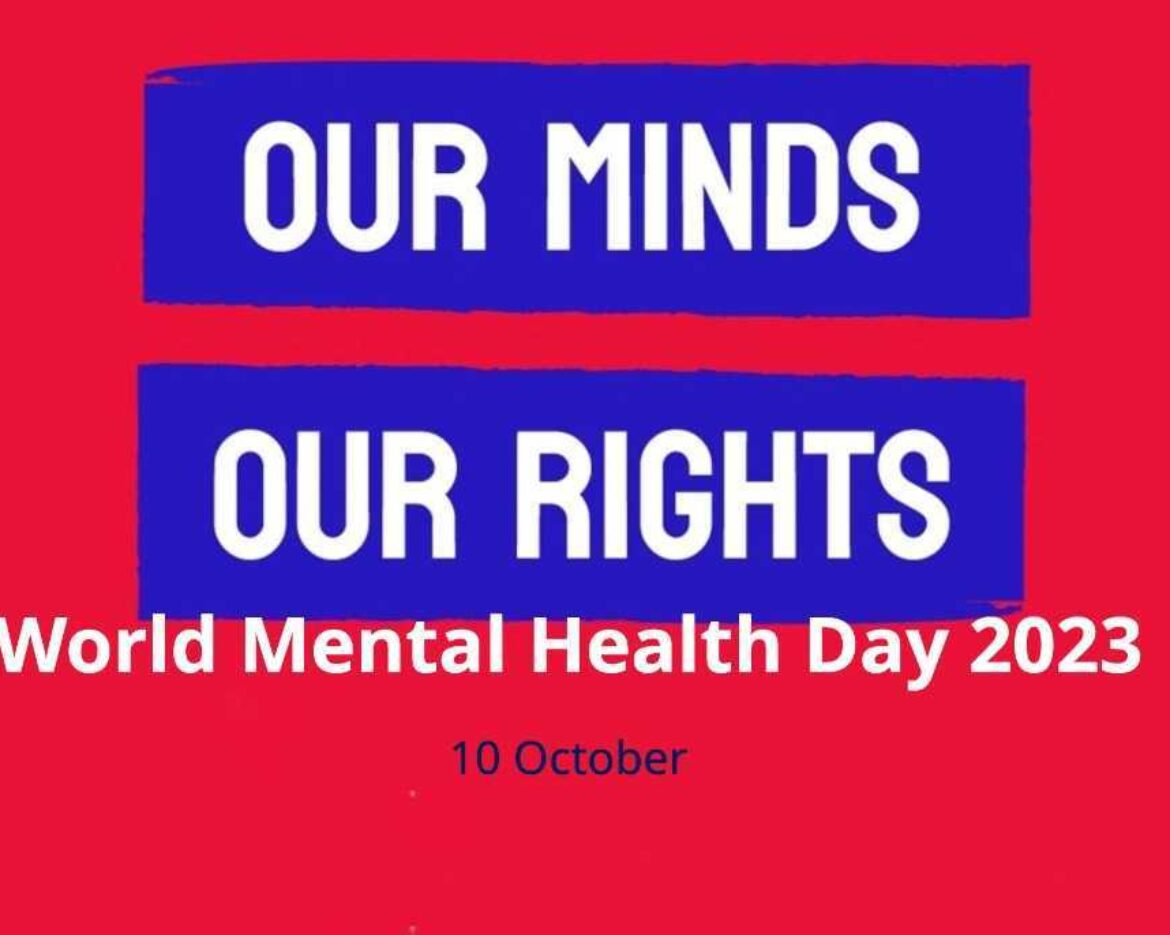














 If you think you might have a problem, click here to take our self-evaluation test
If you think you might have a problem, click here to take our self-evaluation test

















 If you think you might have a problem, click here to take our self-evaluation test
If you think you might have a problem, click here to take our self-evaluation test


WHO ARE WE?
At mentalhealthandyou, we are trying to raise awareness about mental health issues of adolescents and young adults. We believe that knowledge is the first step in seeking a solution to any problem and mental health is no different. When you know, you understand and can take positive action.
De-stigmatize
De-stigmatize mental health issues.
ENCOURAGE
Encourage people to speak/talk about it
AWARENESS
Create awareness about common mental disorders.
STOP SUICIDE
Prevent suicide – especially among the youth.

Mental Illness
The term that is dreaded by most people. It is also the topic most avoided and the part of our health that is most neglected. Ever wondered why? There are multiple reasons why mental illnesses are stigmatized. But there is only one reason we need to talk about it. That reason is, there is no health without mental health. Good mental health is as important as good physical health is. It is precisely because mental health has been ignored for so long that currently India is the most depressed country in the world.
The first occurrence of most mental health issues happens by age 24. This means a huge part of our population is at risk of developing mental disorders
Globally, suicide is the second leading cause of death among people aged 15-29 years, according to WHO, but in India, suicide is the leading cause of death in this age group. In fact, we often read in the newspapers about suicides of students from not just colleges but sometimes even schools.
In addition to the above facts, it is known that a very small proportion of those affected with mental health issues have access to professional help.
Dr. Speaks
Get High on Life!
6 signs that you might be addicted to a substance and what you need to do about it
- 1
- 2
- Mental Health: A Universal Right – Ending Discrimination and Promoting Well-being
- MY LIFE WAS A MESS CREATED BY ME…
- 20 ways to care for your mental health in the COVID times
- Mental health – A silent pandemic
- Our personality and mental health – The secret to wellbeing
- Why is mental health important?
- A BREAK UP AND A NEW JOB LED ME INTO DEPRESSION….
- Get High on Life!
- 6 signs that you might be addicted to a substance and what you need to do about it












Mission
Vision
Values
Listen, Act, Learn. Repeat
BigHearts is the largest global crowdfunding community connecting nonprofits, donors, and companies in nearly every country. We help nonprofits from Afghanistan to Zimbabwe (and hundreds of places in between) access.
kids need help
raised now
volunteers
Give Education for Children
Elementum sagittis vitae et leo duis ut diam quam nulla. Sodales ut etiam sit amet nisl purus in mollis nunc.
Work in More Than 5k Countries
We help donors make safe and easy US tax-deductible donations to vetted, locally-driven organizations around the world. Donations are tax-deductible, taxpayers can give in GBP and claim an extra 25% if Gift Aid eligible.
Watch Video

Why We Need You
Donor satisfaction is guaranteed
Web development refers to the work involved in building and developing a site for the web. The scope of work depends on the size of the website being built, and can be as simple as a landing page or as complex.
We help nonprofits become more effective
Web development refers to the work involved in building and developing a site for the web. The scope of work depends on the size of the website being built, and can be as simple as a landing page or as complex.
We’re quick and nimble. We’re truly global
Web development refers to the work involved in building and developing a site for the web. The scope of work depends on the size of the website being built, and can be as simple as a landing page or as complex.
We help companies give well
Web development refers to the work involved in building and developing a site for the web. The scope of work depends on the size of the website being built, and can be as simple as a landing page or as complex.
What People Say About Our Company
We continually experiment. We fail quickly and productively. We use data and feedback to guide our course.
“We’re curious, passionate, and committed to helping nonprofits learn and grow. Oh, and some of us are stage actors and worm farmers on the side.”

Ann Peterson
VOLUNTEER“Dictum fusce ut placerat orci nulla. At auctor urna nun id cursus metus convallis aliquam posuere eleifend. Maecenas pharetra convallis posuere.”

Tony Olson
VOLUNTEER“Ultrices vitae auctor eu augue. Risus ultric tristique nulla aliquet enim tortor egestas congue auctor. Massa eget egestas purus viverra accumsan in.”

Jane Bryan
VOLUNTEER“At auctor urna nun id cursus metus convallis aliquam posuere eleifend. Dictum fusce ut placerat orci nulla. Dictum fusce ut placerat orci nulla eleifend.”





